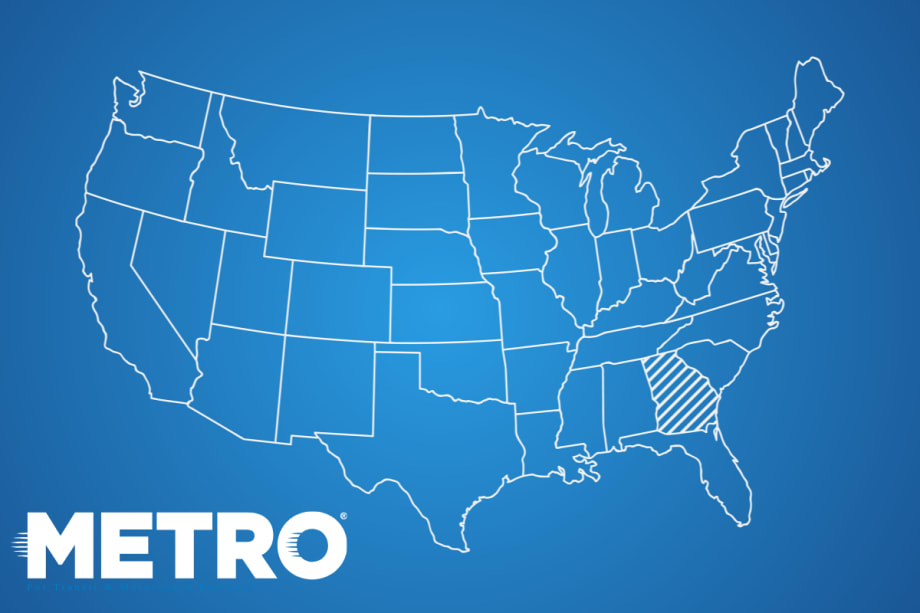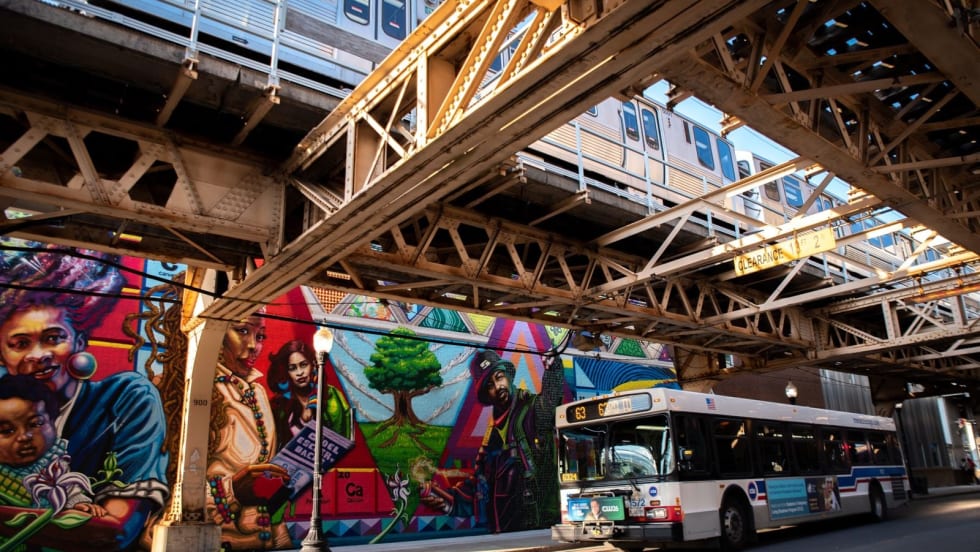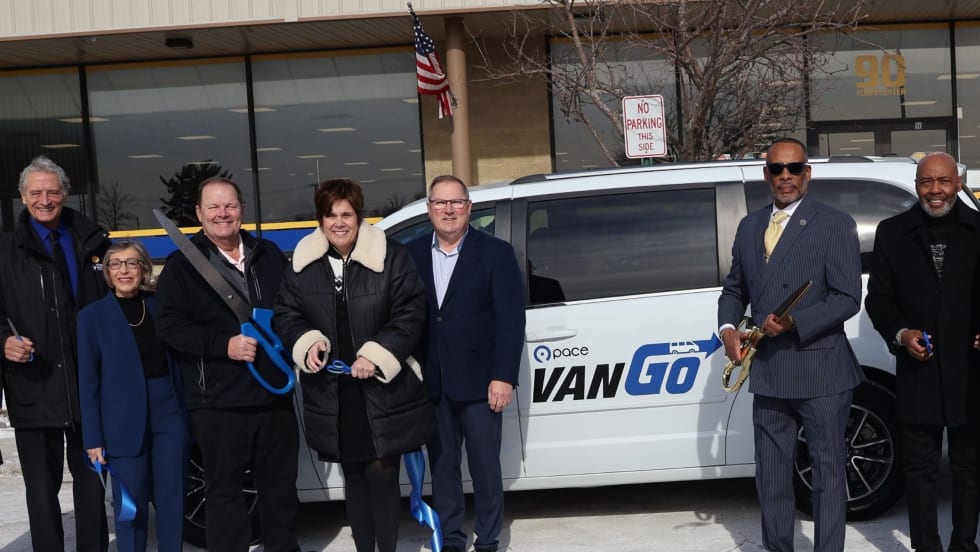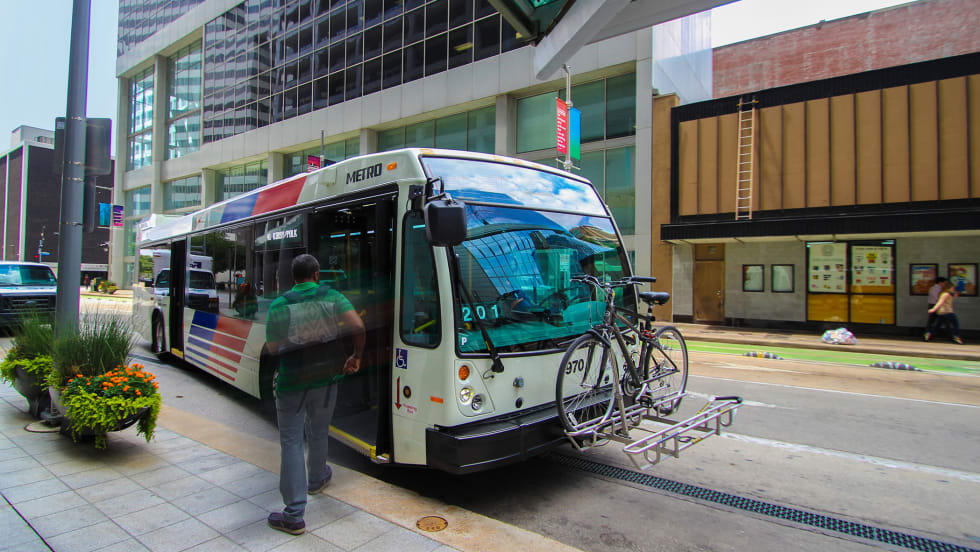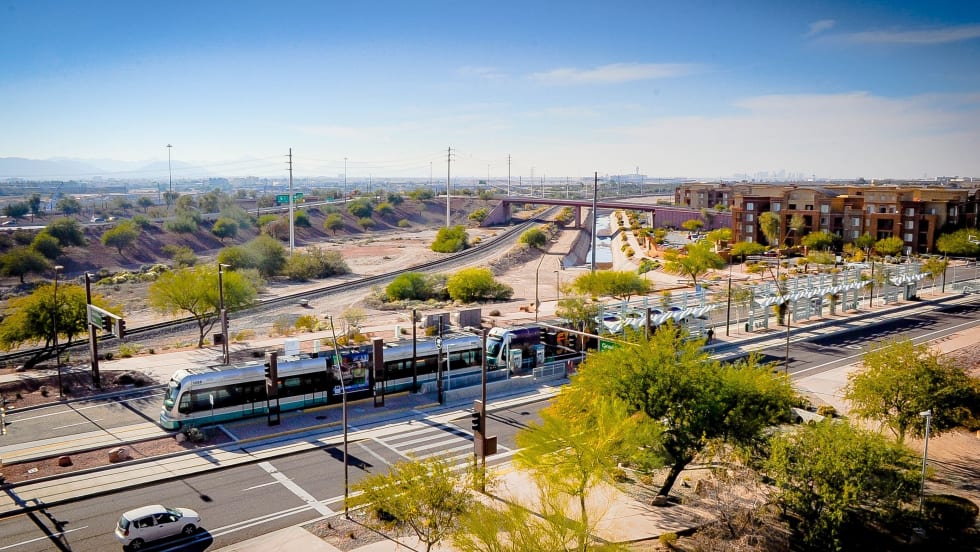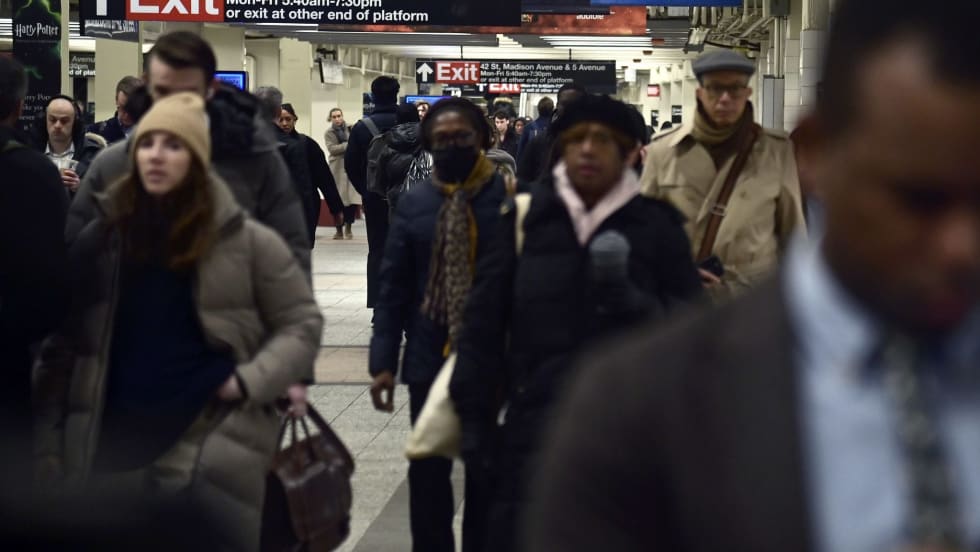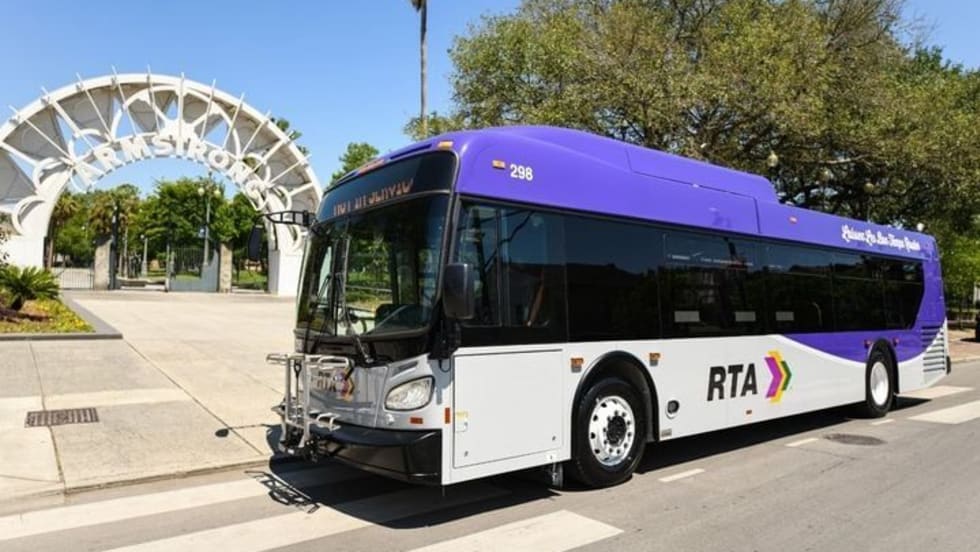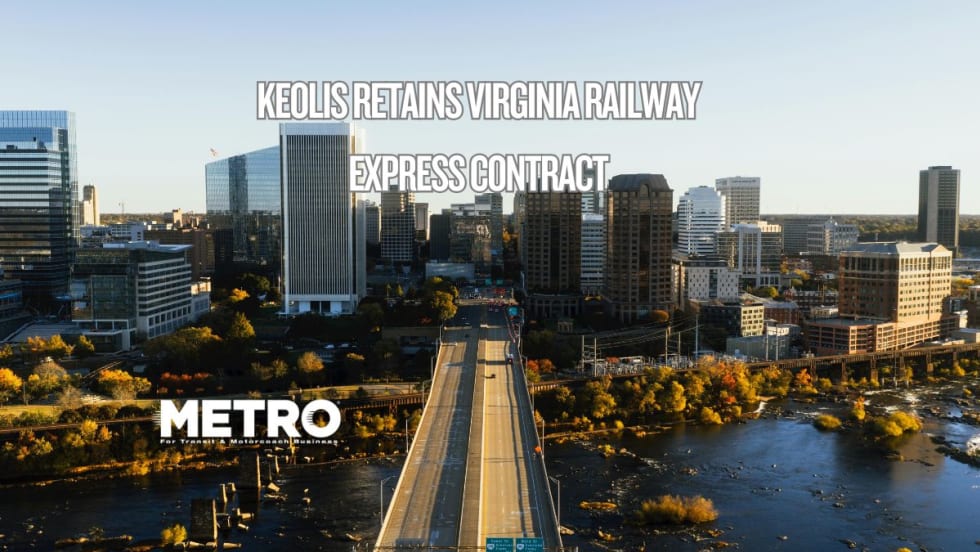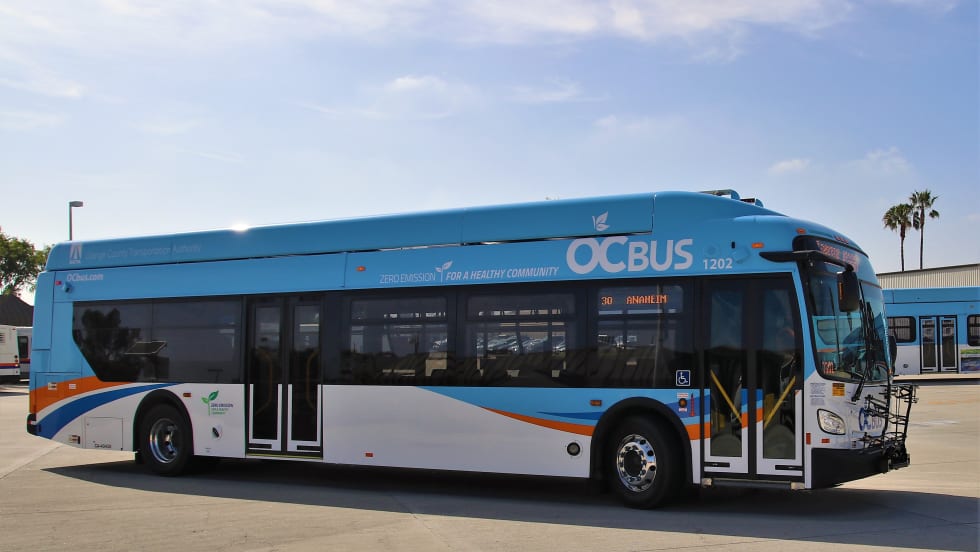The Natural Resources Defense Council (NRDC) announced it has released a new scorecard that ranks the states on their transportation policies and spending priorities.
The scorecard, "Getting Transportation Right: Ranking the States in Light of New Federal Funding," comes two years after the passage of the historic Bipartisan Infrastructure Law, which provided a record amount of new funding for bridges, roads, bike infrastructure, and public transportation.
The report notes that while funding is crucial, state policies must ensure it is spent on the right priorities like vehicle charging stations, public transportation, and bicycle and pedestrian projects and not just more highway expansion.
“With the infrastructure law in place, this is a historic opportunity to invest in the kinds of transportation projects that will address inequity while tackling the climate crisis,” said John Bailey, transportation advocate at NRDC. “This report shows which states are leading the way forward.”
The NRDC Scorecard Findings
The report tallies 22 separate metrics to grade and rank all the states on their plans to deliver sustainable and equitable transportation. These areas include: procurement practices, electric vehicle rebate programs, emissions reduction goals, road maintenance prioritization, and clean car standards.
The top-ranked states are:
California
Massachusetts
Vermont
Oregon
Washington
New York
Colorado
New Jersey
Connecticut
Minnesota
In contrast, the states doing the least to improve equity and climate outcomes are:
50. Kentucky
49. Louisiana
48. Nebraska
47. Alabama
41. Mississippi
“With the information in this report, states have the ability to chart a new course over the coming years,” said Shruti Vaidyanathan, director of federal transportation at NRDC. “The scorecard provides a clear roadmap for state leaders to invest in projects that will provide real benefits to their residents while building a sustainable transportation system. Given the multiple challenges before us, the stakes couldn’t be higher.”




